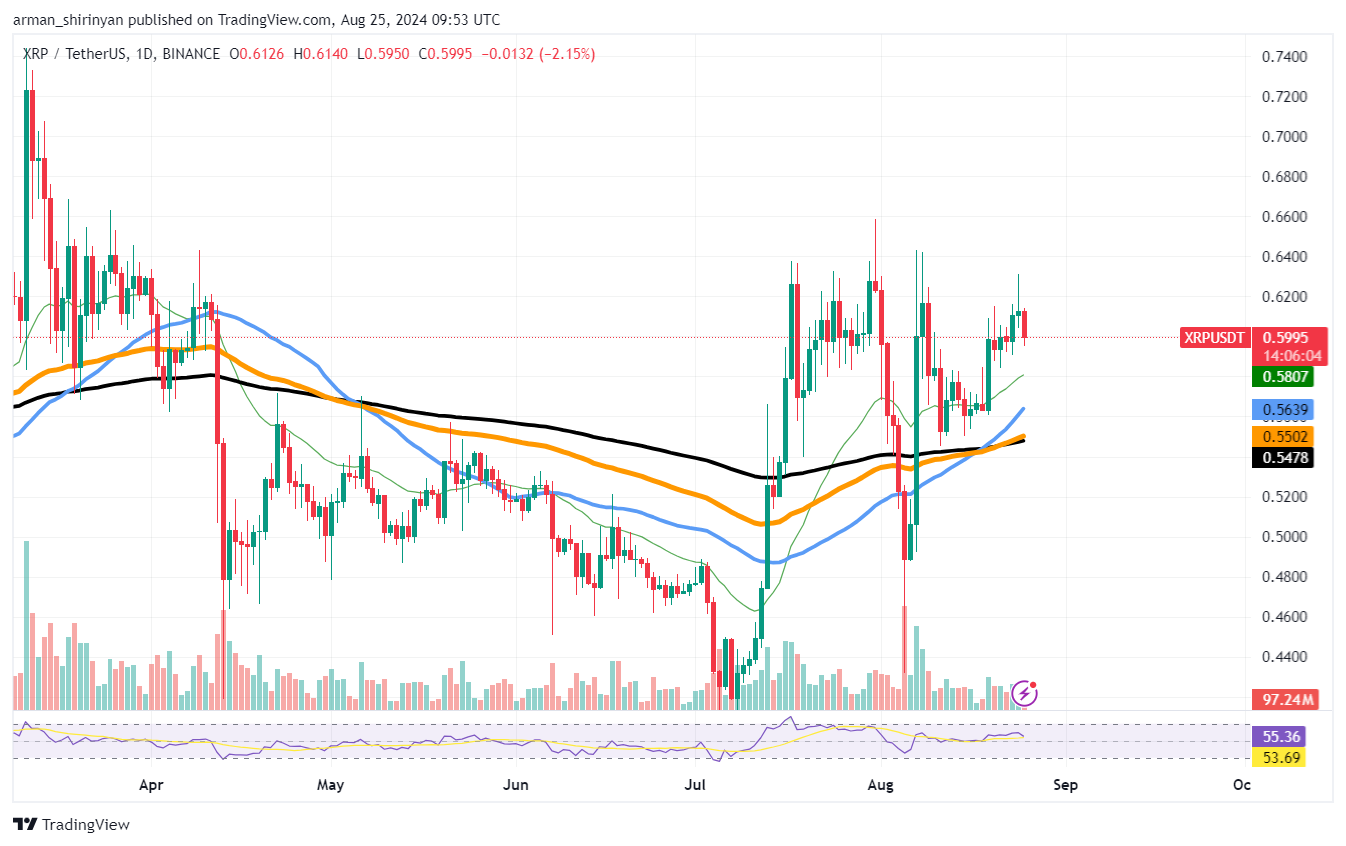On February 6, the SEC announced strict rules requiring individuals providing liquidity, especially in assets categorized as securities or government securities, including cryptocurrencies and DeFi, to register with the agency.
According to the new rules, specific liquidity providers on AMMs must register with the SEC if they deal with securities. This has raised questions among crypto enthusiasts about how it might impact the upcoming XRPL AMM platform.
XRPL AMM: What You Need to Know
The XRP community is eagerly waiting for the launch of the XRP Ledger’s (XRPL) own Automated Market Maker (AMM). This game-changing XLS-30D amendment will empower XRP holders to earn passive income by becoming liquidity providers for various assets on the XRPL.
However, pro-crypto attorney Bill Morgan has voiced concerns about how these regulations might negatively impact certain entities involved in providing liquidity in the crypto market. Morgan is questioning the SEC’s focus on liquidity provision and how decentralization in this area could disrupt existing structures.
Amidst these concerns, there seems to be a silver lining for retail liquidity providers on the XRPL AMM and other DeFi platforms. The SEC’s guidelines make it clear that these new regulations won’t be applied to liquidity providers with assets valued at less than $50 million.
Also, since XRP is currently not considered a security as determined by Judge Analisa Torres in July of the previous year, people providing liquidity for XRP might not be too bothered by these new rules.
Potential Ripple Effects
Attorney Morgan highlights other consequences of the regulations that the XRP community may not have fully considered. The rules now say both centralized and decentralized exchanges might need to register as an alternative trading system (ATS) or an exchange with the SEC, potentially including the XRPL DEX.
Also, if a business gives a lot of liquidity in its regular business will now be under regulation. Simply providing liquidity could be seen as a dealing activity under the latest rule.
Morgan also points to Ripple’s Liquidity Hub, a tool aiding businesses with crypto liquidity needs. He raises concerns about whether the Liquidity Hub might be impacted by the new rule.
Meanwhile, crypto fans are further waiting to see how rules change and affect the growing world of cryptocurrencies







